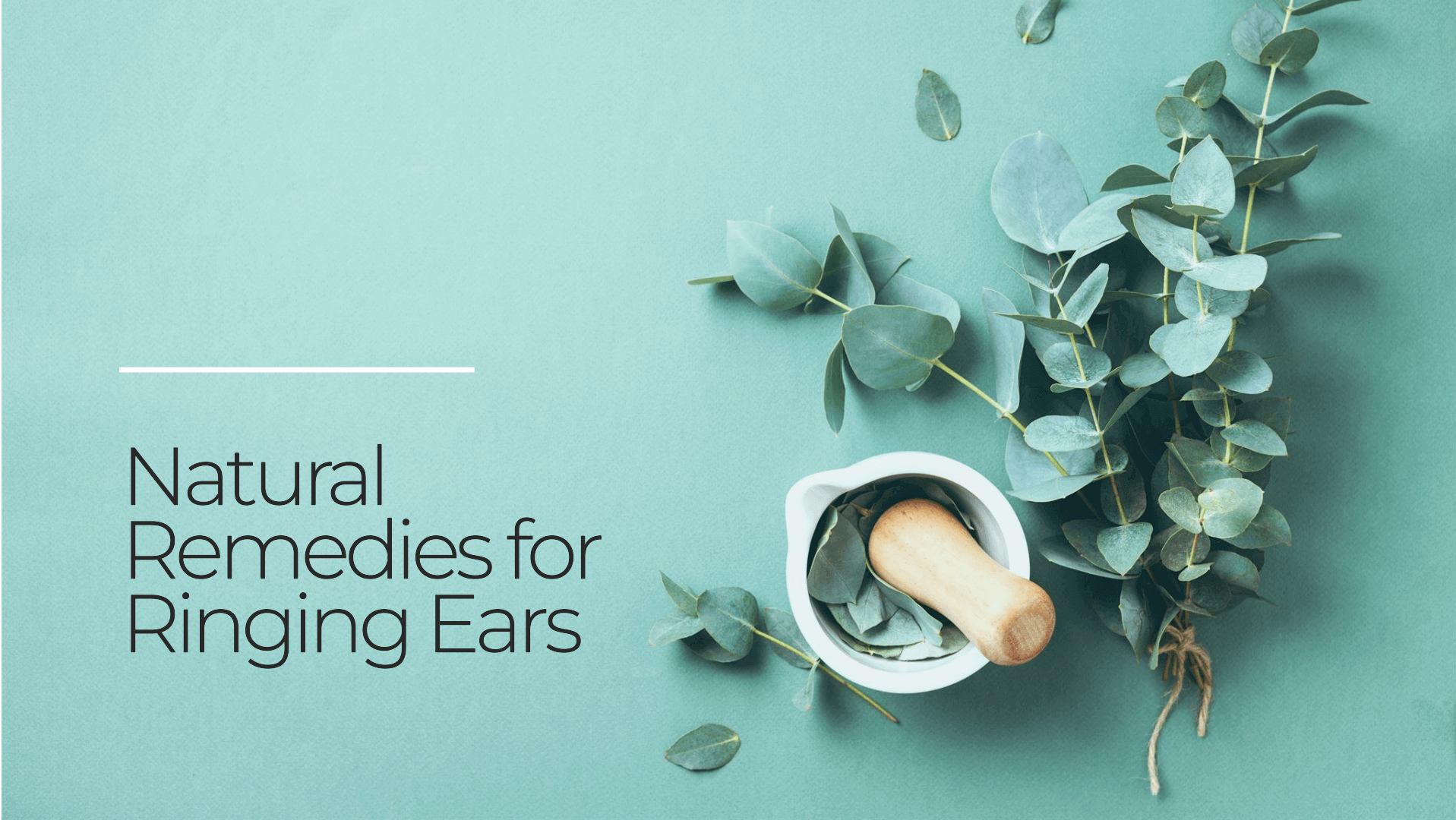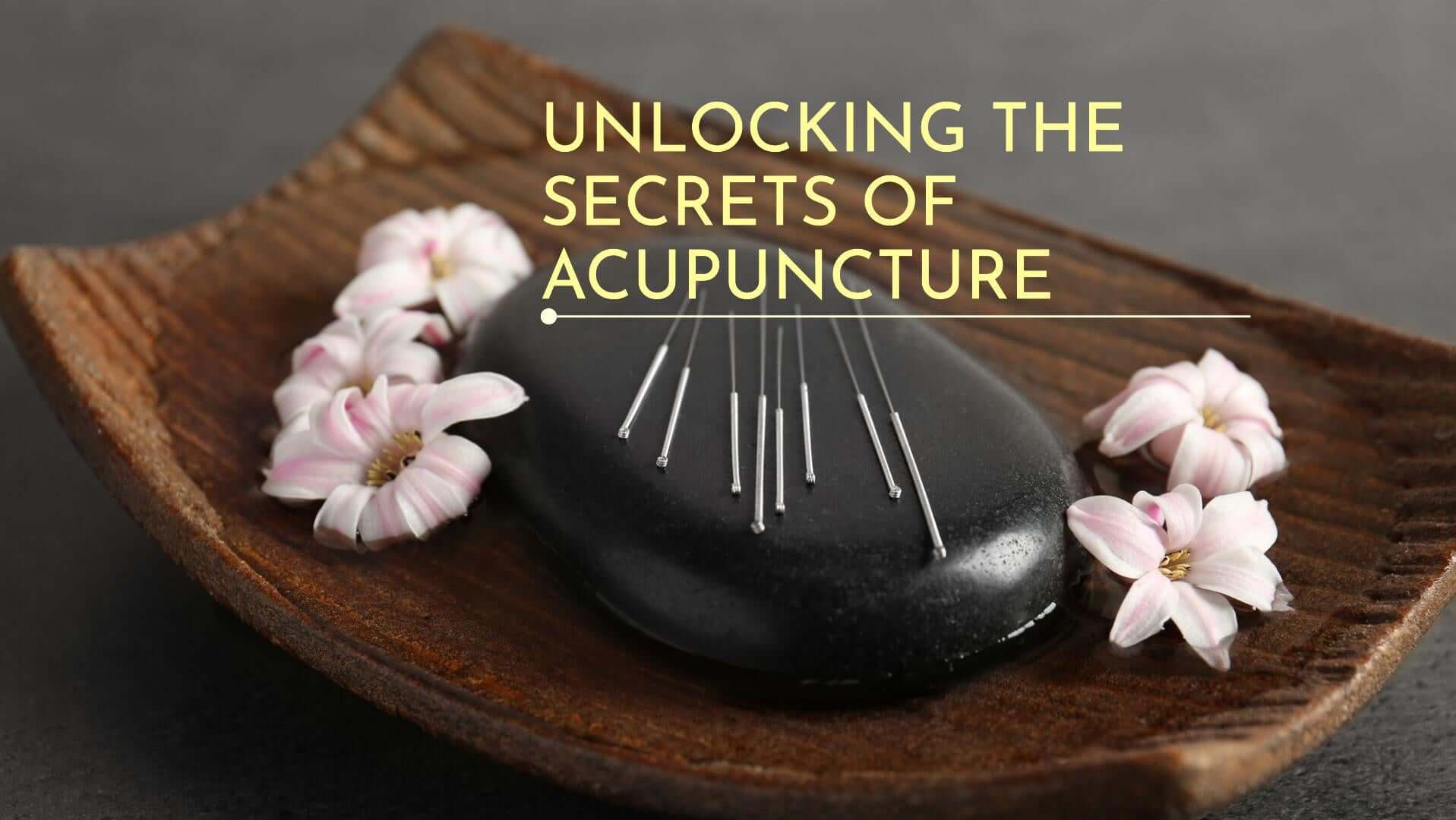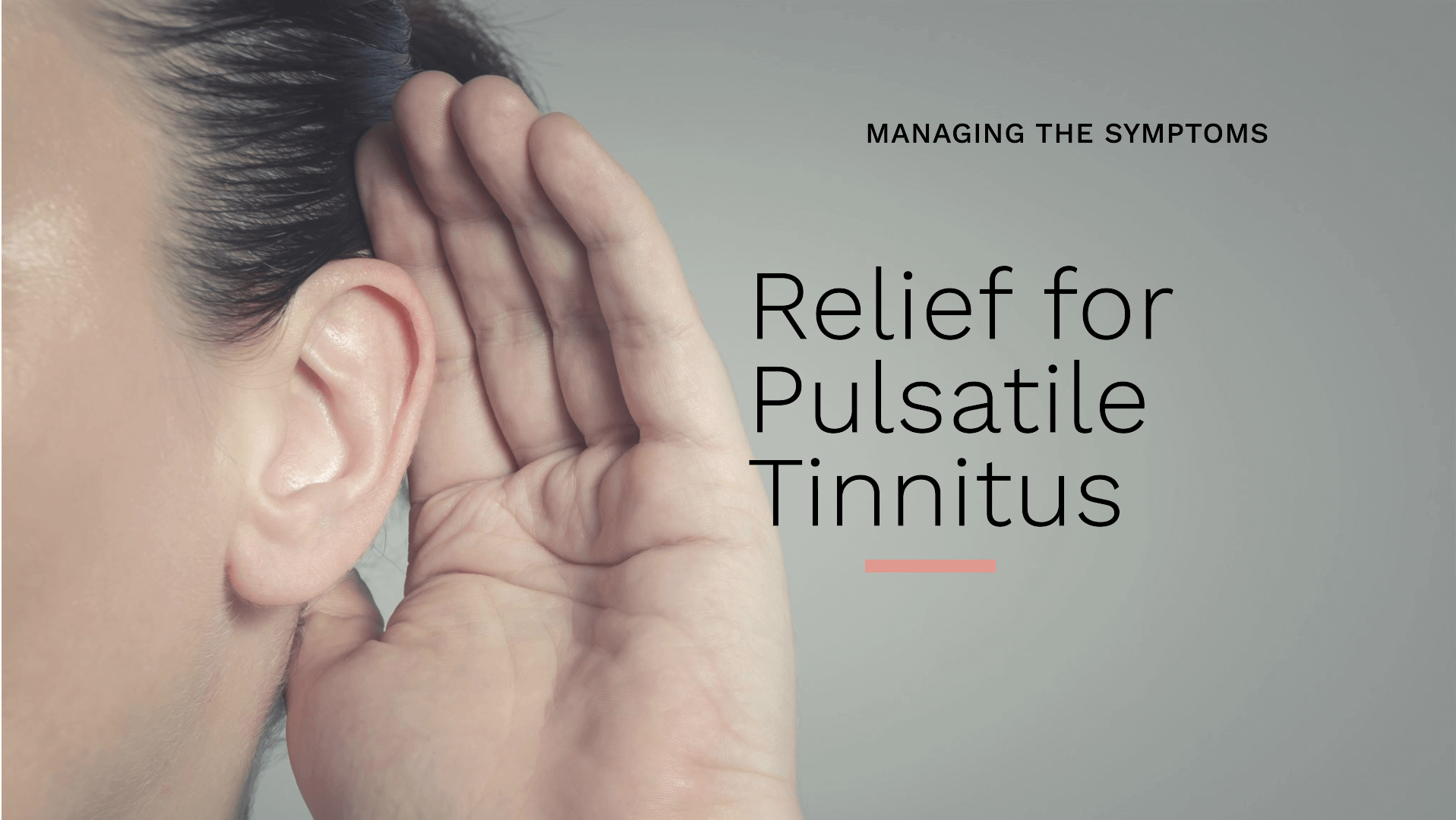While there is no cure for tinnitus, several natural remedies for managing tinnitus may help the symptoms. From herbal supplements to lifestyle changes, these alternatives promise a gentler approach to assisting your tinnitus symptoms.
Each remedy not only targets the buzzing and ringing in your ears but also supports overall well-being, making them worth considering in your journey toward quieter days.
Keep in mind that individual responses can vary, so it’s essential to explore different options and find what works best for you.
Understanding Tinnitus
Tinnitus, a condition where you hear noises like ringing in the ears when there's no external sound, can be managed with natural remedies, offering hope and relief to those affected.
Tinnitus Definition
Tinnitus manifests as ringing, buzzing, or other noises in your ears. It's a common condition, affecting many people worldwide. This condition is subjective tinnitus, meaning only you can hear these sounds. They aren't caused by an external source.
Common Causes
Several factors may lead to tinnitus. Loud noises are a primary culprit, especially for those frequently exposed to high decibel environments.
Ear infections also play a role, as they can cause temporary or permanent changes to ear function. Age-related hearing loss is another common cause, gradually affecting your ears' ability to process sounds correctly.
Impact on Life
Tinnitus can significantly impact your daily life. Its constant presence may cause distress and make it hard to concentrate.
Many people find it challenging to sleep due to the persistent noise. This can lead to fatigue during the day, affecting overall quality of life.
Natural Remedies for Managing Tinnitus
Here are some natural approaches to consider:
Mindfulness Meditation
Practicing mindfulness meditation can help reduce negativity and anxiety associated with tinnitus. Mindfulness involves observing thoughts, sensations, and feelings in a nonjudgmental way.
Regular mindfulness exercises have been shown to lower stress levels, subsequently reducing the intensity of tinnitus symptoms.
Deep Breathing
Deep breathing exercises can be helpful for those of you dealing with tinnitus. By focusing on your breath, you not only promote relaxation but also reduce the focus on tinnitus sounds.
This simple practice can lead to a significant reduction in distress, making it easier to cope with the condition. It's something you can do anytime, anywhere, requiring no special tools or environments.
Essential Oils for Tinnitus
Some people find that essential oils can help manage tinnitus symptoms. Oils such as lavender, frankincense, and peppermint are often cited for their potential soothing and anti-inflammatory properties, which might help alleviate some discomfort associated with tinnitus.
However, it's important to note that there is limited scientific research directly supporting the effectiveness of essential oils for tinnitus relief. Always consult with a healthcare professional before trying new treatments.
Exercise and Yoga
Regular physical activity improves blood flow and overall well-being. Consider incorporating exercises like walking, swimming, or yoga into your routine.
These practices focus on the present moment, which can help shift attention away from the discomfort of tinnitus.
Acupuncture
Acupuncture is another form of alternative medicine that has been explored for tinnitus management. It involves inserting thin needles into specific points on the body to relieve pain and other symptoms.
Some of you may experience improvement in your tinnitus symptoms due to acupuncture's potential to reduce inflammation and promote relaxation.
Sound Therapy
Incorporating sound therapy into your lifestyle offers immediate relief from tinnitus sounds. Using white noise machines or listening to soft music before sleep can mask the sounds of tinnitus, helping you fall asleep more easily.
It's a non-invasive way to manage symptoms and can be combined with other treatments for enhanced effects. Find out more about using sound therapy with pulsatile tinnitus.
Herbal and Nutritional Support
Herbal and nutritional support, including supplements like Ginkgo Biloba and vitamins that improve circulation and nerve function, can be beneficial in managing tinnitus symptoms.
Ginkgo Biloba
Ginkgo biloba stands out as a popular herbal remedy believed to ease tinnitus symptoms. Studies suggest that its bioactive compounds might improve blood flow, potentially benefiting those with this condition. However, it's crucial to approach ginkgo biloba with caution. Not all products are created equal, and quality can vary significantly. Always look for supplements tested for purity and potency.
Before adding ginkgo biloba to your regimen, consult with a healthcare provider. They can guide you on the appropriate dosage and ensuring it doesn't interfere with any medications you're currently taking.
Balanced Diet
A diet rich in vitamins and minerals plays a vital role in maintaining ear health. Foods high in zinc, magnesium, and vitamin B12 have been linked to better ear function which could indirectly support tinnitus management.
Incorporating a variety of fruits, vegetables, whole grains, and lean proteins ensures you're getting a broad spectrum of nutrients essential for overall well-being.
- Green Tea: Green tea contains antioxidants that may have a positive impact on overall health. While not specifically proven for tinnitus, including green tea in your diet can be beneficial.
- Fenugreek Seeds: Fenugreek seeds have anti-inflammatory properties. Some people find relief by consuming fenugreek seeds or using them in cooking.
- Pineapple: Pineapple contains bromelain, an enzyme with anti-inflammatory effects. Including fresh pineapple in your diet may help reduce inflammation.
While specific foods aren't proven cures for tinnitus, a balanced diet supports body systems that influence ear health.
Consultation is Key
While exploring natural remedies like ginkgo biloba or adjusting your diet can be tempting, never sideline professional advice. Herbal supplements come with their own set of risks and may interact negatively with other treatments.
Your healthcare provider can offer tailored advice that considers your unique health profile and the specifics of your tinnitus condition. This personalized approach ensures safer experimentation with herbal and nutritional support options.
Remember that natural remedies may not work for everyone, and their effectiveness varies. Additionally, consult with a healthcare provider before starting any new treatments.
When to Seek Medical Advice
While natural remedies can be effective, it's crucial to consult with a healthcare professional before starting any new treatment, especially if your tinnitus symptoms persist or worsen.
Symptoms Alert
If your tinnitus causes anxiety, depression, or major sleep issues, it's time to see a doctor. These emotional states can worsen your condition, making daily life challenging. Your well-being matters.
Tinnitus might seem bearable with herbal and nutritional support. Yet, when symptoms escalate or new ones appear, professional advice is crucial.
Hearing Loss
Sudden or worsening tinnitus, especially if it comes with hearing loss or vertigo, demands immediate medical attention. These signs could indicate more severe health issues. Don't wait to get checked.
A doctor can determine the causes behind your symptoms. They'll assess the severity and suggest the best course of action.
Alternative Treatments
When natural remedies fall short, explore medical treatments for tinnitus relief. Cognitive behavioral therapy offers a way to cope with the condition's impact on your life. Sound masking devices can also provide significant relief by reducing the perception of tinnitus.
Closing Thoughts
Tackling tinnitus can feel like a never-ending battle, but you're not out of options. The natural remedies we've covered offer a beacon of hope, from relaxation techniques that calm the mind to herbal solutions that support your overall well-being. It's about finding what works for you and integrating these practices into your daily routine for the long haul.
Remember, seeking medical advice is key if your tinnitus comes on suddenly, persists or worsens. You're in control here—take the first step towards managing your symptoms naturally and reclaiming your peace of mind.
Ready to quiet those ringing tones for good? Dive deeper into each remedy, experiment with what feels right, and keep track of any changes. Your journey to a more serene soundscape starts now. Let's turn down the volume on tinnitus together.
Frequently Asked Questions
What is tinnitus and how common is it?
Tinnitus is a condition characterized by hearing noises not caused by an external source. It's quite common, affecting about 10-25% of people, especially as they age.
Can relaxation techniques really help manage tinnitus?
Yes, relaxation and mindfulness techniques can significantly reduce the stress and anxiety associated with tinnitus, helping to manage its perceived intensity. Stress often worsens tinnitus. By incorporating these practices into your daily routine, you might find significant relief.
What role do vitamins play in managing tinnitus?
Certain vitamins and minerals, such as Vitamin B12, magnesium, and zinc, have been linked to improved tinnitus symptoms due to their role in nerve function and blood circulation.
When should someone with tinnitus seek medical advice?
If tinnitus starts suddenly, is accompanied by hearing loss or dizziness, or significantly impacts your quality of life, it's important to seek medical advice immediately to rule out underlying conditions.
How effective are sound therapies for tinnitus?
Sound therapies, including white noise machines or hearing aids set to mask the frequency of one's tinnitus, can be very effective in reducing the distress associated with the condition. Exploring these sound therapies could be a game-changer for anyone looking to ease their tinnitus symptoms and find some peace.





